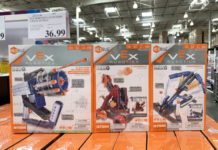AI, which is, of course, short for artificial intelligence, is a rapidly developing technology that has started to pervade all areas of our lives. We can already observe the impact of AI technologies when we go to an ATM rather than to a bank or when, potentially in just a matter of months, our Amazon delivery arrives by drone rather than by van. This article provides a list of the top 19 jobs that may disappear due to the advent of AI.
19. Soldiers and military pilots

Typically, the military is at the forefront of technological advancement. The accuracy of drones and the obvious benefits of unmanned military flights make them popular with the military but perhaps unpopular with military pilots. While robot soldiers are only in the prototype phase, technology is this area is developing apace and the idea of robots rather than human soldiers participating in ground combat is hugely appealing. Robots are currently used to clear landmines and IEDs. This could, in turn, reduce the cost of life insurance and health insurance for soldiers, as they will be least likely to be injured or killed in combat.
18. Telemarketers

Telemarketing has changed in response to our growing tendency to use email and SMS rather than to speak to someone. Phone telemarketing will disappear in a decade and email will be the sole form of communication used. That’s a claim many specialists do, anyway.
17. Construction and manual workers

At job sites, technological developments are reducing the number of specialist workers required. At every opportunity, machines are being brought in to replace people in an effort to increase productivity/efficiency and decrease labor costs as well as health and safety concerns. Oil fields and mines also now require very few people to function as automation replaces human input. The trend will only continue as more and more companies are investing in AI technologies.
16. Delivery drivers
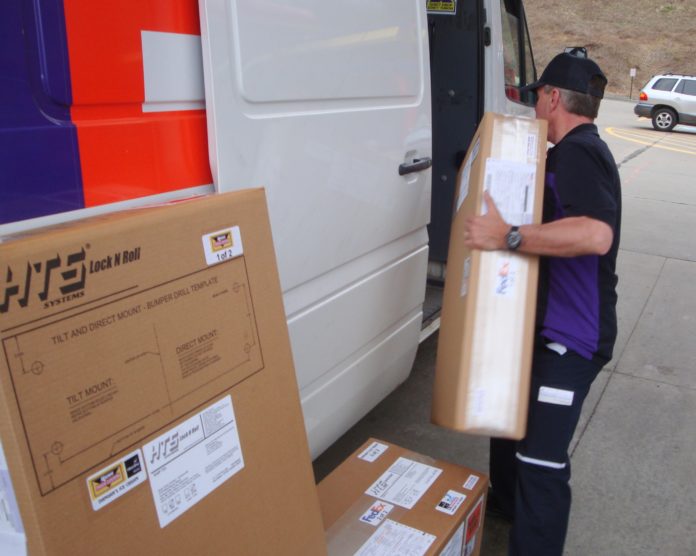
Amazon announced its Air Prime drone delivery service in 2013 and is said to be just months from sending its drones to our front doors. This technology will undoubtedly be picked up by other retailers and delivery drivers will increasingly be out of their job.
15. Travel agents

Quick and convenient internet-based booking services, blogs and internet articles that offer travel advice have already come to replace a great many travel agents. As AI continues to revolutionize the internet and new services emerge, this trend will only continue. They will be everywhere, helping you purchasing flights, accommodations and travel insurance.
14. Check-out staff

Check-out staff are already reducing in numbers as self-service check-outs become more widespread. Over the next decade, self-service options will flood all stores and cashiers will be a thing of the past. This is a good thing for businesses, which will reduce their costs of operations, but for workers, it means fewer opportunities to work and earn a living without a degree or a GED.
13. Chauffeurs

Some may choose to stick with chauffeurs because they enjoy having someone to chat to but self-driving cars are on their way. While not yet available on the market, when they are launched, they are sure to be popular. They will probably disrupt the market for car insurance as well.
12. Waitstaff

When you next go to a chain restaurant, you may find that you order, pay your bill and perhaps even play games as you wait for your meal, all on a tablet at your table. In the future, automatons will bring you your food and drinks, and going to a restaurant could not involve interacting with any wait staff at all.
11. Manufacturing workers
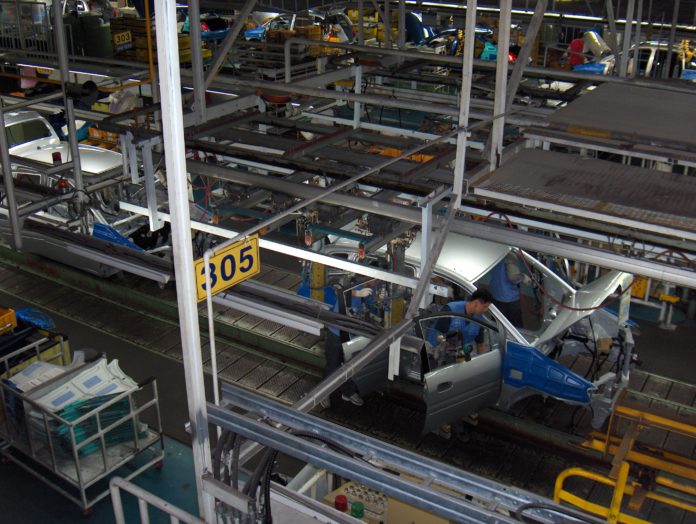
We are now well into an era in which machines are built by other machines. Robots have been used in car manufacturing in particular for years, making the introduction of automation in manufacturing more gradual than in many other industries. A key new technology in this industry is the emergence of 3D printers, which are now being used in schools to build things. Reason enough for all students to learn a bit of coding.
10. Receptionists

A lot of companies have done away with phone systems across their offices. As scheduling and phone call systems become increasingly automated, the smiling receptionist and the concept of the front desk itself will no longer exist.
9. Cab drivers

Applications such as Uber have had a huge effect on the taxicab industry as the profession of a cab driver as we traditionally understand it dies out. Cab drivers need to embrace new technology if they want to survive. Self-driving cars are the next step.
8. Fast food staff

Similar to waiters, automated ordering and payment systems are already widely used at fast-food restaurants. Automating food preparation is a more complex prospect and thus is not yet possible, but this technology is being developed. Workers who want to survive in this industry will need to be skilled enough to troubleshoot the full fast food experience.
7. Printers and publishers
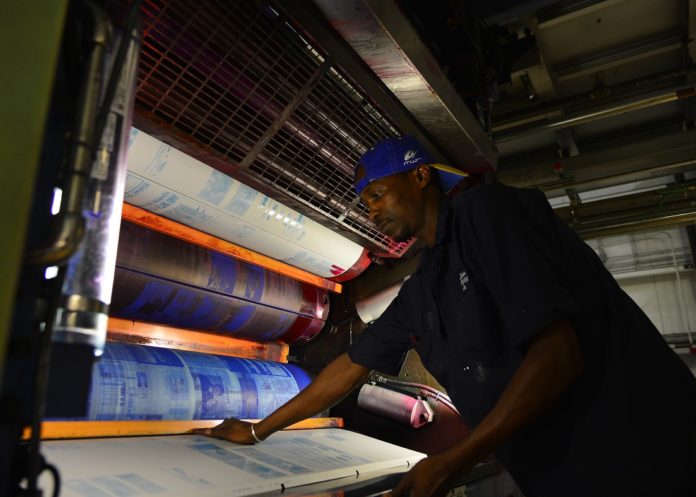
As we increasingly turn to our smartphones to read books and the news, print media is becoming extinct. While this will bring about the demise of traditional printers and publishers, digital companies are expanding and new jobs in this domain are opening up. Let’s just hope printers will avoid bankruptcy by evolving to the markets in time.
6. Security guards

Alarm systems, cameras and drones are making security guards redundant. The security guard ‘doing their rounds’ of an evening is already a thing of the past, replaced by cameras, automated systems that scan for threats and electronic locking systems. As machines don’t need to stop for a snack or a toilet break and can’t sue should they get ‘hurt’ at work, the move towards fully automated security systems is well underway.
5. Postwomen and men
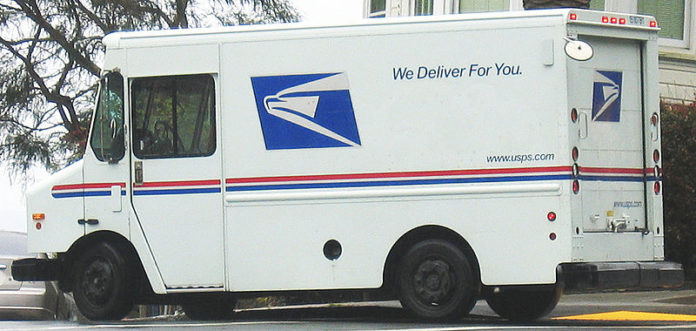
The use of the post office has steadily declined as people have chosen the internet to communicate. Emails are free and arrive almost immediately, so paying for ‘snail mail’ is of no interest to most. Moreover, commercial shipping work is now being siphoned off by private companies, for example, FedEx and UPS. Of course, the post office’s systems for sorting mail and so on are becoming increasingly automated so fewer people are needed for them to function. Postwomen and men may be gone entirely in a decade.
4. IT staff

Online tutorials, guides, instructions and hacks all contribute to greater automation and less need for IT staff. IT departments are shrinking and the introduction of greater automation and robots will see them shrink further.
3. Benefits and compensations managers

You may be surprised to see this entry here given the high level of personal interaction benefits and compensation managers have with employers and staff. These managers need to use their judgement to ensure appropriate insurance, retirement and salary plans are in place but the fact that this profession is under threat just goes to show you how sophisticated AI technology is. As organizations become bigger and more globalized, benefits and compensation systems that rely on people will mean higher costs, errors and delays, making automation the best option.
2. Cleaners

Automatic vacuums and window cleaners have already made their way into our homes and are surely going to reach workplaces soon. Again, as robots don’t get sick or need breaks, sleep, holidays or monthly paychecks, they will probably be a popular option among management.
1. Advertising salespeople

Social media has become an important marketing channel and a huge amount of content and advertising can be generated cheaply or even for free via this platform. TV and print marketing is being eschewed for online marketing in which no advertising salesperson is needed. This form of marketing is cheaper, quicker and simpler so there’s no incentive to go back to a salesperson. Salespeople now should get ready to adapt to their changing sector or lose their job.




